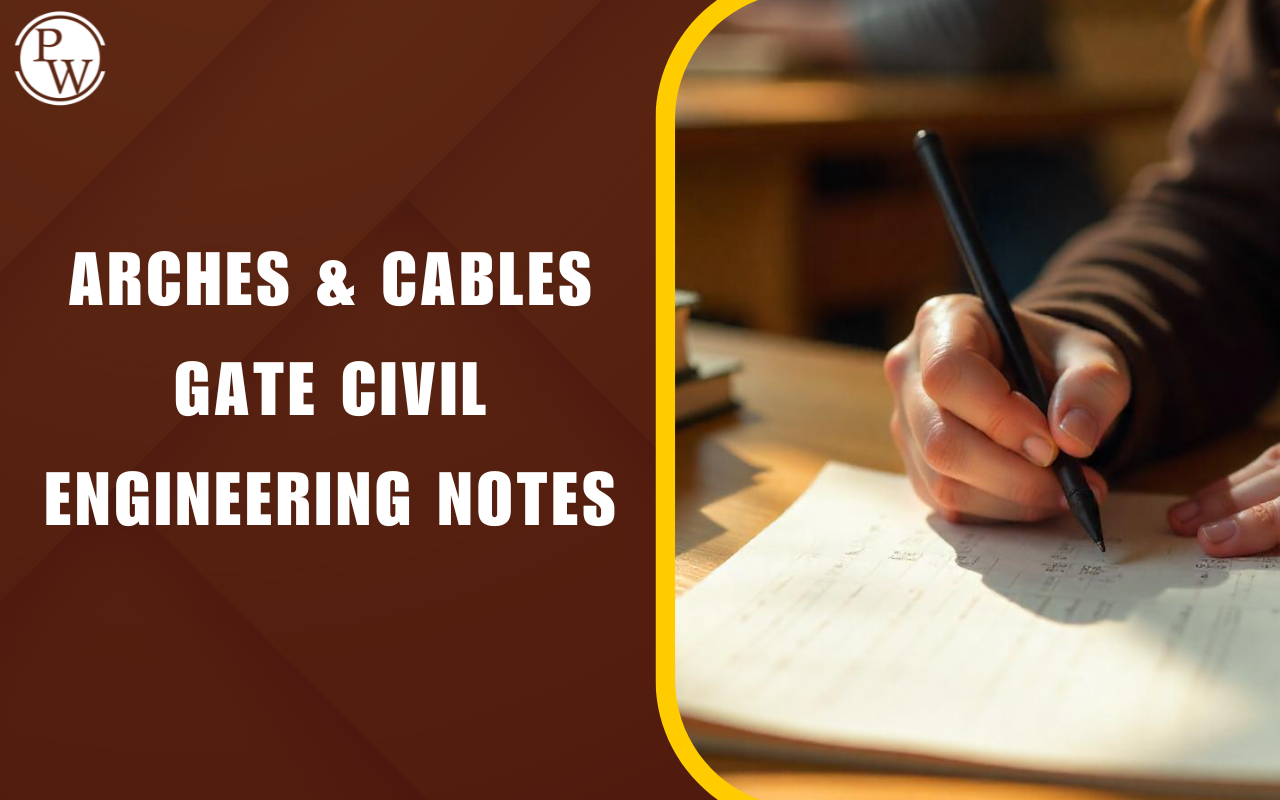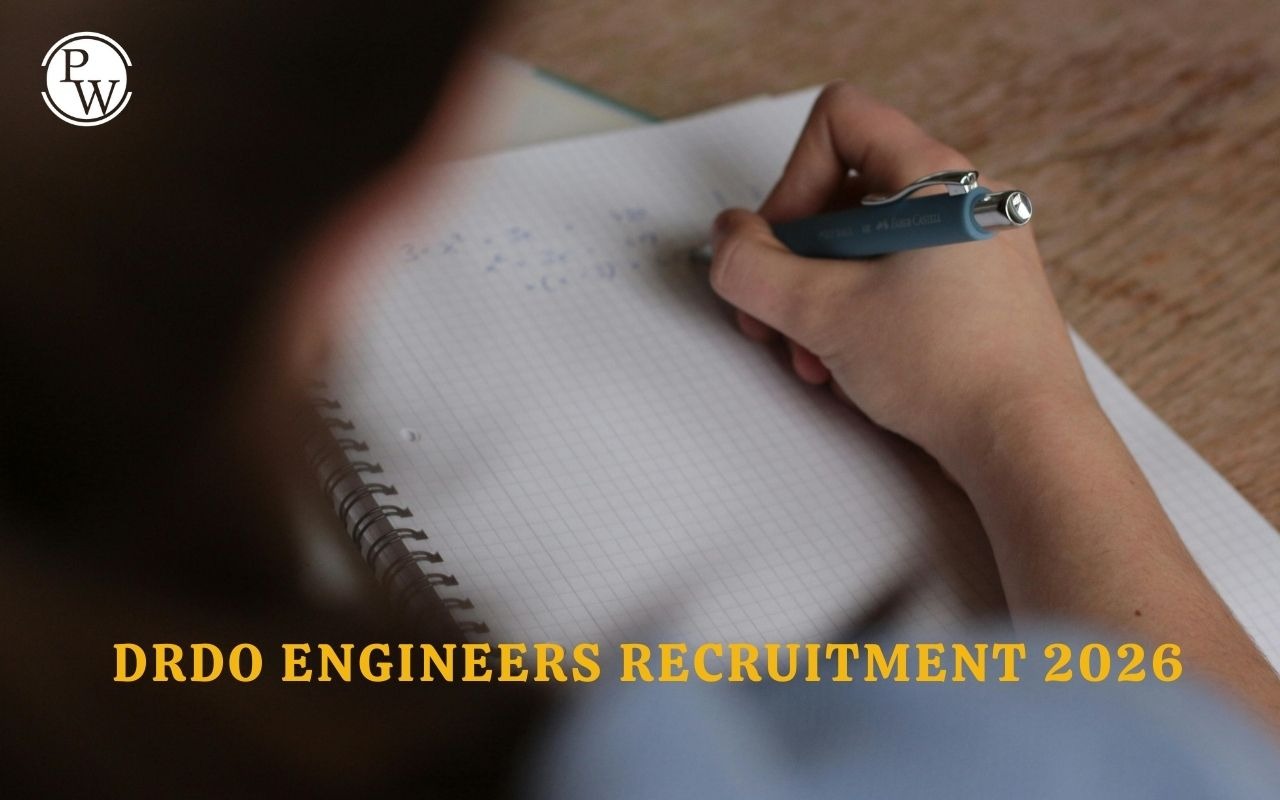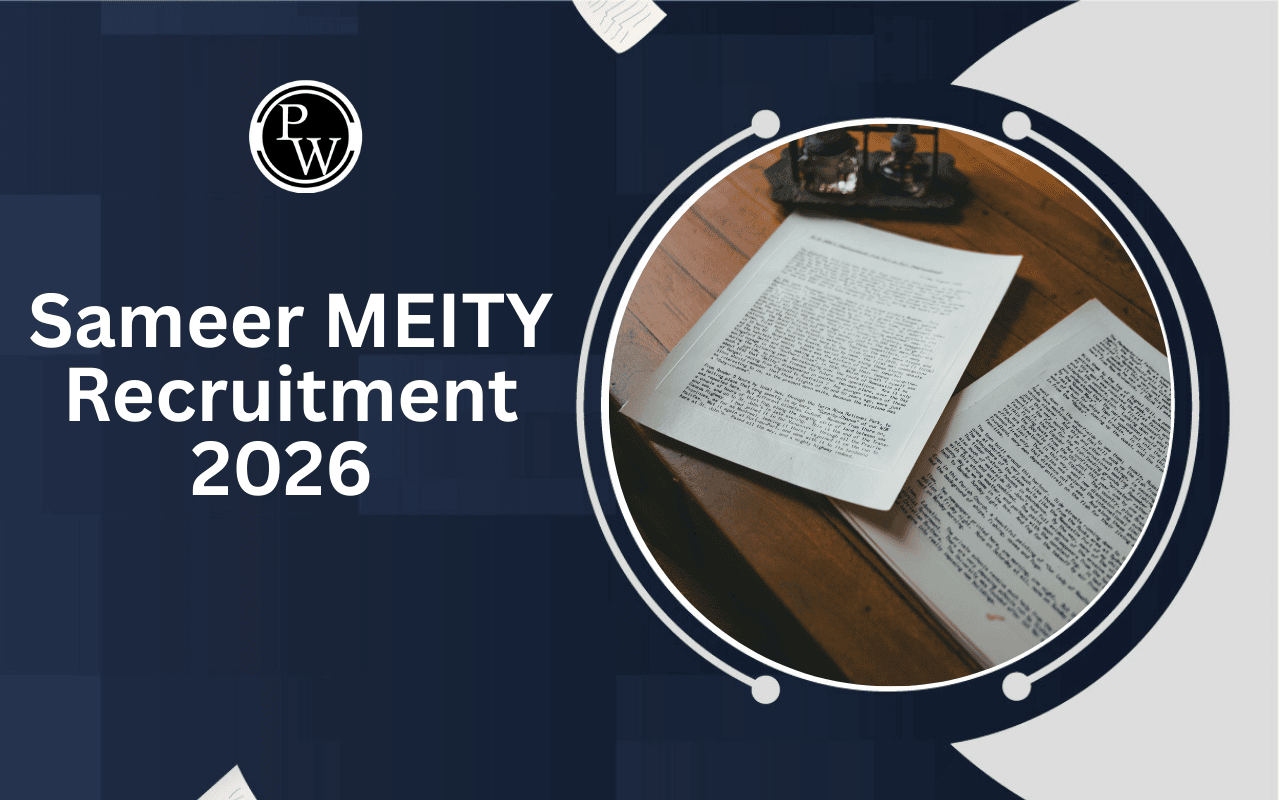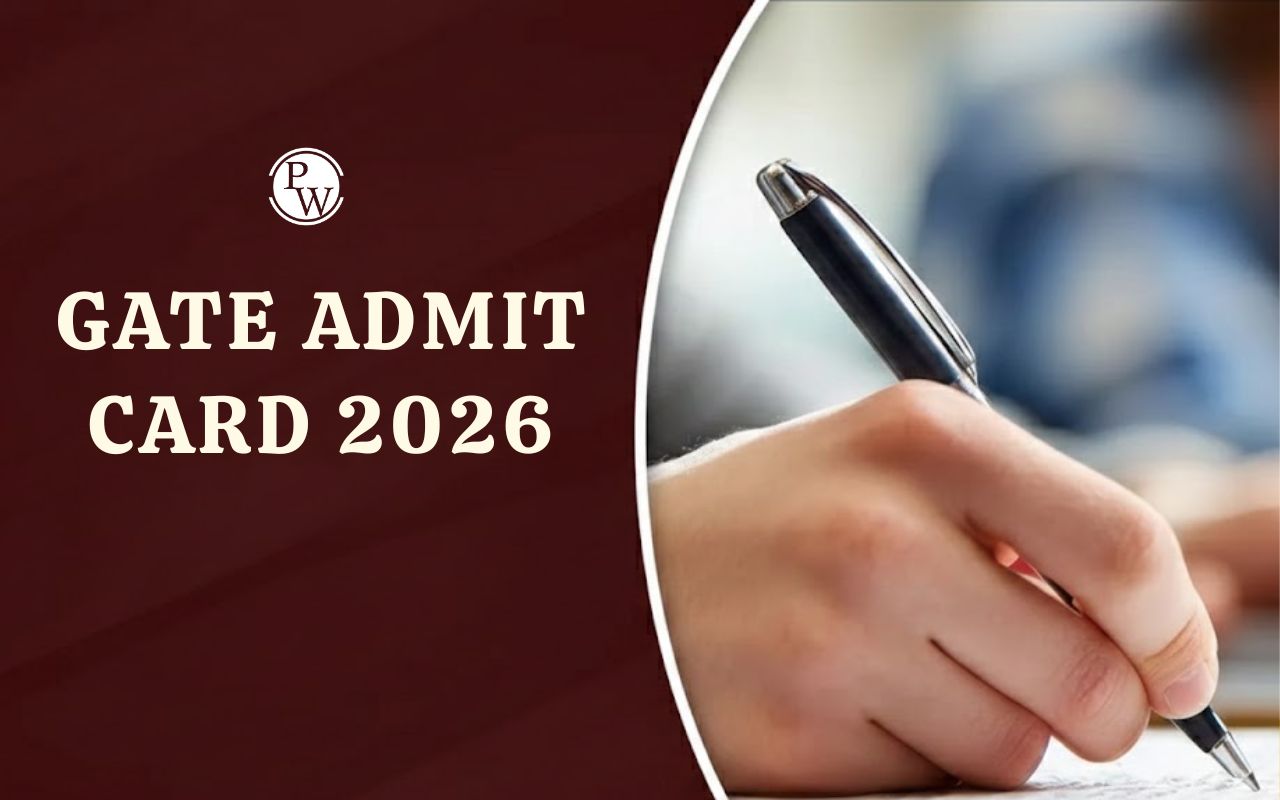
Civil Engineering - Civil engineering is a career that involves planning and building infrastructure for the general public, including highways, power plants, sewage systems, bridges, aqueducts, canals, dams, and other infrastructures.
What is Civil Engineering?
The art and science of designing and creating infrastructure projects is known as civil engineering. This can be done on a large scale, like when creating national water supply or transportation networks, or on a smaller scale, like when building specific roads or structures.
What is the role of Civil Engineers?
Civil engineers work in disciplines like planning, budgeting, project and asset management, research, analysis, and more. Civil engineering projects can come from the public sector, government agencies, or from the private sector, and they can be huge or small in scale.
Civil Engineering Highlights
Students interested in pursuing the Civil Engineering discipline for their bachelor's or master's degree should carefully review the Civil Engineering highlights offered below.
|
Civil Engineering Highlights |
|
| Particulars | Details |
| Branch Name | Civil Engineering |
| Degree | B.E, B.Tech., and M.Tech |
| Duration | B.E and B.Tech - 4 years M.Tech - 2 years |
| Eligibility | Entrance exam |
| Admission Process | Entrance exam and counseling process |
| Entrance Exam | JEE Main, JEE Advanced, GATE , etc. |
| Top Colleges | IIT Bombay, IIT Roorkee, IIT Delhi, IIT Madras, etc |
| Career Options | Structural Engineer, Geotechnical Engineer, Site Engineer,Construction Engineer, Professor etc |
| Average Salary | INR 3 - 7 Lakhs per annum (approximately) |
| Recruiting Companies | Larsen and Toubro, Schlumberger, Power Grid Corporation of India Ltd, Indian Railways,Public Works Department |
Civil Engineering Eligibility for B.Tech and M.Tech Courses
Candidates have the option to pursue degrees in postgraduate, doctorate, undergraduate, and diploma-level civil engineering. Learn more about the requirements for eligibility to study civil engineering at the following educational levels:
|
Course Level |
Eligibility Criteria |
| Diploma | To pursue a diploma in Civil Engineering, the candidate should have completed 10+2 with at least 50% and cleared the Diploma Entrance Exam. |
| Undergraduate (UG) | Minimum eligibility criteria to Civil Engineering (BTech) is a 10+2 in PCM or PCMB subjects with at least 50% marks in aggregate from a recognized school or equivalent |
| Postgraduate (PG) | To pursue Civil Engineering at postgraduate level, the candidate should have a BTech degree in Civil Engineering. |
| Doctorate or Ph.D | To pursue Civil Engineering at the doctorate level, the candidate must have completed M.Tech in Civil Engineering. |
Civil Engineering Bachelor’s Program
Students who want to pursue a Bachelor's degree in Civil Engineering have several options depending on their career objectives. These popular bachelor's degree programs in civil engineering are listed below:
- B.Sc. in Civil Engineering
- B.Tech in Civil Engineering
- B.E. in Civil Engineering
Also read: Civil Engineering GATE
Civil Engineering Master’s Program
Masters of Technology is the highest level of specialisation in the subject of engineering, lasting two years and divided into four semesters. You gain understanding and in-depth knowledge of the subject matter in this course to help you succeed in your BTech programme.
This course covers a wide range of fields, including structures, construction management, material shaping, dam construction, highway construction, etc. Here is the list of the courses -
- M.S. in Civil Engineering
- MTech in Environmental Engineering.
- MTech in Geoinformatics.
- MTech in Geotechnical Engineering.
- MTech in Hydraulics and Water Resources Engineering.
- MTech in Infrastructure Engineering and Management.
- MTech in Structural Engineering.
- MTech in Transportation Engineering.
MTech in Civil Engineering graduates can earn between INR 45,000 and INR 65,000. It has a broader scope both in India and abroad. There are numerous job opportunities in the public and private sectors. You can pursue a PhD in civil engineering after earning your MTech.
Civil Engineering Common Entrance Exams
Applicants are interested in Entrance exams for B.Tech and M.Tech courses in Civil Engineering can vary depending on the specific institutions. Here are some common entrance exams for both undergraduate (B.Tech) and postgraduate (M.Tech) programs related to Civil Engineering:
For a B.Tech in Civil Engineering:
- JEE Main (Joint Entrance Examination): JEE Main is a prominent entrance exam for undergraduate engineering programmes in India, including B.Tech. in civil engineering or computer science.
- State-Level Engineering Entrance Exams: For admission to state-level engineering colleges, many Indian states have their own engineering entrance exams.
- University-Specific Entrance Exams: For B.Tech programmes, certain universities may have their own entrance tests, so it's important to review the admission requirements of the particular university you're considering.
For M.Tech in Civil Engineering:
- GATE (Graduate Aptitude Test in Engineering): One of the most popular entrance tests in India for admission to M.Tech programmes, including those in Civil Engineering and related subjects, is GATE. It is generally acknowledged by top educational institutions like the National Institutes of Technology (NITs), Indian Institutes of Technology (IITs), and others.
- University-Specific Entrance Exams: For M.Tech programmes, some universities could have their own entrance tests. GATE scores, however, are frequently preferred.
M.Tech in Civil Engineering Through GATE Exam
A prestigious and highly desired route for prospective civil engineers is to earn an M.Tech degree in civil engineering through the GATE test. The Graduate Aptitude Test in Engineering, or GATE, is an examination required for admission to prestigious engineering institutions in India.
GATE Civil Engineering 2024 Exam Pattern
Here is the exam pattern for GATE Civil Engineering Exam 2024-
|
GATE CE Exam Pattern 2024 |
|
| Particulars | Details |
| Mode of Exam | Online |
| Number of Questions | 65 |
| Duration of Exam | 3 hours |
| Pattern of Questions |
|
| Marking Scheme |
|
| Number of Sections |
|
| Topic wise weightage |
|
GATE Civil Engineering Syllabus
The topic wise syllabus for GATE CE 2024 is summarised here to help students who desire to pass with a high score. Review the Civil Engineering Syllabus for GATE 2024, which is provided here.
| S. No. | Subject | Important Topics |
| 1. | Structural Engineering | SFD & BMD |
| Deflection of Beams | ||
| Kinematic & Static Indeterminacy | ||
| Combined Stress | ||
| Moment Distribution Method | ||
| 2. | Geotechnical Engineering | Soil Index Properties |
| Behaviour of Sand & Clay | ||
| Bearing Capacity of Shallow Foundation | ||
| Seepage Analysis | ||
| Effect of Water Table on Soil | ||
| 3. | Water Resources Engineering | Hydrographs |
| Fluid Kinetics | ||
| Fluid Properties | ||
| Water Requirement for Crops | ||
| Turbulent Flow | ||
| Boundary Analysis | ||
| Open Channel Flow | ||
| 4. | Environmental Engineering | Noise Pollution |
| Sedimentation Tank | ||
| Biochemical Oxygen Demand | ||
| Mixing of Pollutants from Two Streams | ||
| Trickling Filter | ||
| Hardness of Water | ||
| Activated Sludge Process | ||
| 5. | Transportation Engineering | Sight Distances |
| Cross-Sectional Elements | ||
| Types of Pavements and their Characteristics | ||
| Highway Capacity | ||
| Marshall Mix Design | ||
| Traffic Control Devices | ||
| 6. | Geomatics Engineering | Levelling |
| Traversing | ||
| Tacheometer | ||
| Error Measurement | ||
| 7. | Engineering Mathematics | Calculus |
| Linear Algebra | ||
| Differential Equations | ||
| Probability and Statistics | ||
| Eigen Values | ||
| Newton’s and Lagrange Polynomials |
Also Read: What Is The Difference Between Civil Engineering and Architecture
GATE Civil Engineering Previous Year Papers Analysis
The GATE Civil Engineering Previous Year Question papers help candidates in understanding the format of the test. Aspirants can examine important topics with a high weightage by carefully reviewing the GATE previous years' question papers for the Civil Engineering exam.
|
GATE Civil Engineering Paper Analysis 2023 |
||
| Particulars | GATE CE Paper Analysis Shift 1 | GATE CE Paper Analysis Shift 2 |
| Overall Difficulty Level | Moderate to Difficult | Moderate |
| Difficulty Level of General Aptitude | Moderate | Moderate |
| Number of MCQs | 34 | 35 |
| Number of NATs | 22 | 19 |
| Number of MSQs | 9 | 11 |
| Topics with Highest Weightage |
|
|
Also Read : GATE CE - Paper Analysis 2023 - A Comprehensive Review for Civil Engineering Aspirants
GATE Civil Engineering Subject Wise Weightage
Candidates must thoroughly evaluate the content and modify their study plan accordingly. The GATE Civil Engineering Weightage is shown in the table below.
|
GATE Civil Engineering Weightage 2024 (Expected) |
|
| Subjects | Marks Weightage |
| General Aptitude | 15% |
| Engineering Mathematics | 10.5% |
| Irrigation & Hydrology | 5.5% |
| Fluid Mechanics | 9% |
| Environmental Engineering | 9% |
| Structural Analysis | 4.5% |
| Geotechnical Engineering | 16% |
| Transportation Engineering | 9.5% |
| Geomatics Engineering | 6% |
| R.C.C. | 5% |
| Steel Structures | 5% |
| Construction Materials & Management | 1% |
| Engineering Mechanics | 0.5% |
| Solid Mechanics | 3.5% |
Explore the Best Online GATE Course at Physics Wallah GATE Online Coaching .
Civil Engineering Career Prospects
Here is an overview of the career scope in Civil Engineering:
- Project Manager
- Construction Manager
- Plant Engineer
- Consultant
- Civil Engineer
- Assistant Professor
- Senior Civil Engineer
- Inventory Manager
- Researcher
- Structural Design Engineer
Suggested Read: How To Prepare for GATE Exam With College
Civil Engineering - Top Colleges in India
Here is the list of top colleges which offers Civil Engineering in India-
- Lucknow Institute Of Technology, Lucknow
- Indus International University, Una
- Rungta College Of Engineering And Technology, Bhilai
- Medi-Caps University, Indore
- Vivekananda Global University, Jaipur
- Delhi Technological University, New Delhi
- National Institute Of Technology, Surathkal
- Apg Shimla University, Shimla
- Indian Institute Of Technology, Bhubaneswar
- Institute Of Technology, Nirma University, Ahmedabad
- All India Shri Shivaji Memorial Society College Of Engineering, Pune
- Vignan University, Guntur
- Saveetha School Of Engineering, Chennai
Civil Engineering - Top Colleges in Abroad
Here is the list of top colleges which offers Civil Engineering in Abraod-
- University of Cambridge
- University of Glasgow
- University of Bath
- Imperial College of London
- University of Southampton
- University of Bristol
- University of Leeds
- University of Liverpool
- Cardiff University
- The University of Waterloo.
- The University of Toronto.
- McGill University.
- The University of British Columbia.
- The University of Alberta.
- Dalhousie University.
- Concordia University.
- Western University.
Also Read: How Is Civil Engineering Changing The World
Civil Engineering Subject Wise Standard Books
Applicants can check the subject-wise standard books in the table below-
|
Civil Engineering Books |
|
| Name of the Book | Author |
| Prestressed Concrete | Krishna Raju |
| Railway Engineering | Subhash And Satyapal |
| RCC Design | Krishna Raju, PC Verghese |
| Reinforced Concrete | Ashok K Jain |
| Soil Mechanics | Gopal Ranjan & Rao, Venkat Ramaiha,S. K. Garg, B.C. Punamia, V N S Murthy |
| Steel Design | Kazimi Zindal to improve concepts; for numerals L.S. Negi and for other topics - S.K. Duggal |
| Strength of Materials/Mechanics of Structure | Gare & Timoshenko, E. Popove, L. Singer, B.C. Punamia, Rammamrutham |
| Theory of Structure | CK Wang, S. Rammamrutham, L.S. Negi & Jangit |
| Irrigation Engineering | S K Garg |
| Structural Analysis | R.C. Hibbeler |
| Hydrology | K. Subramanya |
| Water Resources | S K Garg |
| Transportation | Justo Khanna |
Suggested Read: How to Prepare for GATE Exam from 3rd Year of Graduation?
Civil Engineering FAQs
Can I prepare for the GATE exam in three months?
Which is the best branch for MTech in Civil Engineering?
Is the GATE Exam Compulsory for MTech in Civil Engineering?
What is the salary package after completing BTech and MTech in Civil Engineering?










